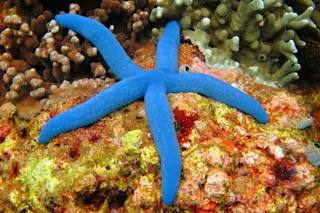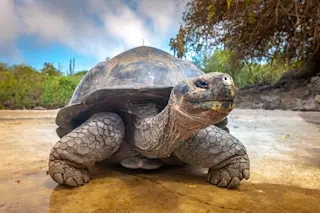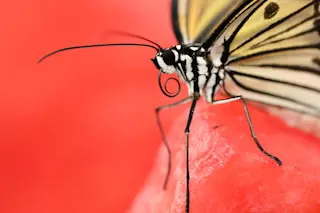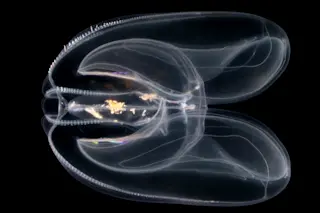Charles Darwin had no great hope of witnessing natural selection at work in his own time. He assumed that it would operate as slowly and imperceptibly as the water that eroded cliffs and canyons. He would have been delighted to discover that he was actually wrong on this count. By the mid-1900s, scientists were running selection experiments in laboratories and beginning to document the effects of natural selection in the wild, such as the rise of insects that were resistant to pesticides. Still, the work has been slow and painstaking. Peter and Rosemary Grant of Princeton have done some of the best work on natural selection in the wild, documenting its effect on Darwin's finches on the Galapagos island. (Changes in climate lead to changes in the food supply which in turn changes in the beaks.) The Grants have dedicated 30 years of research to the evolutionary fate of this ...
No SARS in Georgia
Explore the fascinating findings on natural selection in the wild, exemplified by Darwin's finches and the rapid evolution of viruses.
More on Discover
Stay Curious
SubscribeTo The Magazine
Save up to 40% off the cover price when you subscribe to Discover magazine.
Subscribe













